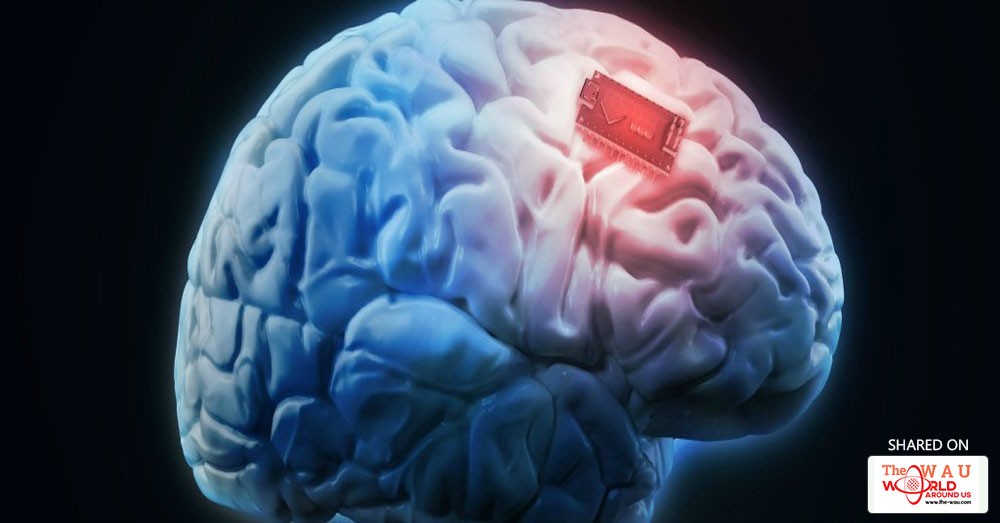With everyone from Elon Musk to MIT to the US Department of Defense researching brain implants, it seems only a matter of time before such devices are ready to help humans extend their natural capabilities.
Now, a professor from theUniversity of Southern California (USC) has demonstrated the use of a brain implant to improve the human memory, and the device could have major implications for the treatment of one of the US's deadliest diseases.
Dong Song is a research associate professor of biomedical engineering at USC, and he recently presented his findings on a "memory prosthesis" during a meeting of the Society for Neuroscience in Washington D.C. According to a New Scientist report, the device is the first to effectively improve the human memory.
To test his device, Song's team enlisted the help of 20 volunteers who were having brain electrodes implanted for the treatment of epilepsy.
Once implanted in the volunteers, Song's device could collect data on their brain activity during tests designed to stimulate either short-term memory or working memory.
The researchers then determined the pattern associated with optimal memory performance and used the device's electrodes to stimulate the brain following that pattern during later tests.
Based on their research, such stimulation improved short-term memory by roughly 15 percent and working memory by about 25 percent. When the researchers stimulated the brain randomly, performance worsened.
As Song told New Scientist, "We are writing the neural code to enhance memory function. This has never been done before."
...[ Continue to next page ]
Share This Post















